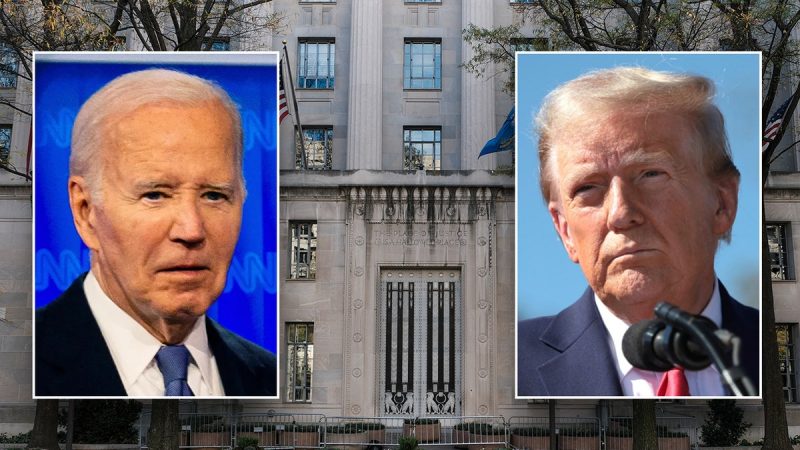President Joe Biden’s recent decision to pardon his son, Hunter Biden, has further strained the already fragile faith in the Department of Justice (DOJ). This controversial move has drawn parallels to former President Donald Trump’s criticisms of the department, highlighting the challenges faced by the DOJ in maintaining its independence and credibility.
Critics argue that President Biden’s decision to pardon Hunter Biden undermines the DOJ’s commitment to upholding the rule of law. The perceived conflict of interest resulting from the president’s familial ties erodes public trust in the department’s ability to impartially administer justice. This skepticism is exacerbated by the fact that Hunter Biden’s legal troubles have been the subject of intense scrutiny, raising questions about the motivations behind his pardon.
The comparison with former President Trump’s denouncements of the DOJ further complicates the situation. Trump’s repeated attacks on the department during his presidency fuelled a narrative of politicization and interference in legal matters. By invoking Trump’s actions, critics of the Biden administration suggest a pattern of presidential influence over the DOJ, regardless of party affiliation.
The declining faith in the DOJ reflects broader concerns about the politicization of law enforcement and the erosion of institutional norms. The department’s reputation as a bastion of justice and impartiality is under threat, as partisan considerations seem to overshadow its core mission. The perception of bias and favoritism undermines the legitimacy of the DOJ’s decisions and raises doubts about its ability to act in the public interest.
In response to these criticisms, the Biden administration must prioritize transparency and accountability in its dealings with the DOJ. Open communication about the rationale behind pardons and other legal decisions can help rebuild public trust and dispel perceptions of impropriety. By reaffirming the department’s independence and commitment to the rule of law, the administration can demonstrate its dedication to upholding the principles of justice and fairness.
Ultimately, the fate of the DOJ’s reputation lies in the hands of those entrusted with upholding its values. The decisions made by President Biden and his administration will play a crucial role in shaping public perception of the department’s integrity. By navigating these challenges with integrity and a commitment to justice, the DOJ can weather this storm and emerge stronger on the other side.

